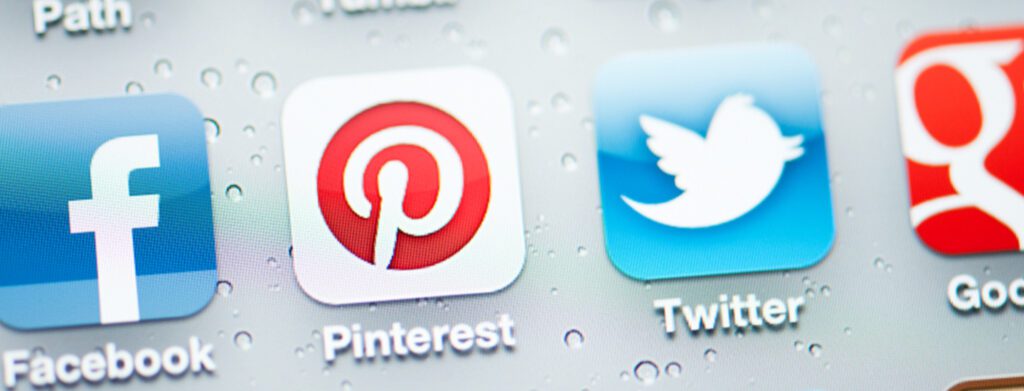Author
Modern communication has changed, talking has become old-fashioned, instead people ‘tweet’,’ like’, ‘retweet’, ‘unlike’ and ‘favourite’. Social media has provided a forum for anyone to freely air personal views and share information with their groups. Whilst this is hugely popular amongst the 304 million monthly active users on Twitter, it does raise issues in relation to protection of users’ intellectual property (‘IP’) rights.
Despite the differences between English and US law, both jurisdictions agree that copyright can exist in as few as 140 characters, in images or in videos. This has recently come as a surprise to many Twitter users who have had their ‘tweet withheld’ as a result of a copyright takedown notice being submitted by the original author of the posted material.
Recent instances of users’ jokes being reported for copyright infringement has been met with criticism by some Twitter users who consider that social media platforms are now taking an increasingly heavy handed approach to IP protection. In reality, its stance has changed little since its inception. Under the Twitter Rules and Terms of Service, unauthorised use of copyright material is not permitted and users are encouraged to share content by ‘retweet’, which acknowledges the author. The requirements on users therefore remain the same. However, the decision by Twitter to increase the transparency of its procedures and clearly mark reported content as ‘withheld’ has brought its efforts to identify violations of IP rights to the attention of its users.
Some users have pointed to the precedent of unattributed use of content on social media since its inception and raised concerns over the way in which copyright can be proven in relation to jokes or anecdotes.
Whilst potentially irritating for users in the context of everyday exchanges, any increased activity by social media platforms will no doubt be welcomed by businesses seeking to enforce rights against IP infringers. A common example of IP infringement in a social media context is the use of ‘lookalike’ accounts which use the branding, images and text to pass itself off as a business. Takedown notices are usually issued as soon as the infringement is discovered as these fake accounts can be highly damaging to businesses’ reputation.
The concept of removing infringing material from websites is by no means new. Twitter is required to comply with relevant legislation (Digital Millennium Copyright Act 1998 in the USA and the Electronic Commerce (EC Directive) Regulations 2002 in the UK and across Europe) in relation to the content that it hosts. In order to protect itself against liability for damages, other civil remedies or criminal sanctions, a website provider is required to ‘respond expeditiously to remove or disable access’ to any information which it knows to be infringing.
With this is mind, it is clear that Twitter must act promptly to disable access to infringing tweets, or risk a claim being made against it by the original owner of the IP rights. Although neither the UK nor US legislation specifies what information should be communicated to other website users in respect of the disabled content, it appears that Twitter has adopted a transparent approach in relation to the removal of content.
It is interesting to see the mixed reaction of users in relation to Twitter’s perceived increased intervention in relation to IP rights. It does not appear that there has been a change in approach; it has simply become more visible.
It is a valuable reminder for businesses and individuals that IP rights do apply on social networks in the usual way and that there are relatively simple methods of removal where creative works have been used without permission. It is therefore of fundamental importance for rights holders to be fully aware of their rights and how best to protect these.
For more information please contact Charlotte Bolton, Solicitor in the Commercial Disputes & Regulatory team on charlotte.bolton@michelmores.com or on 01392 687745

